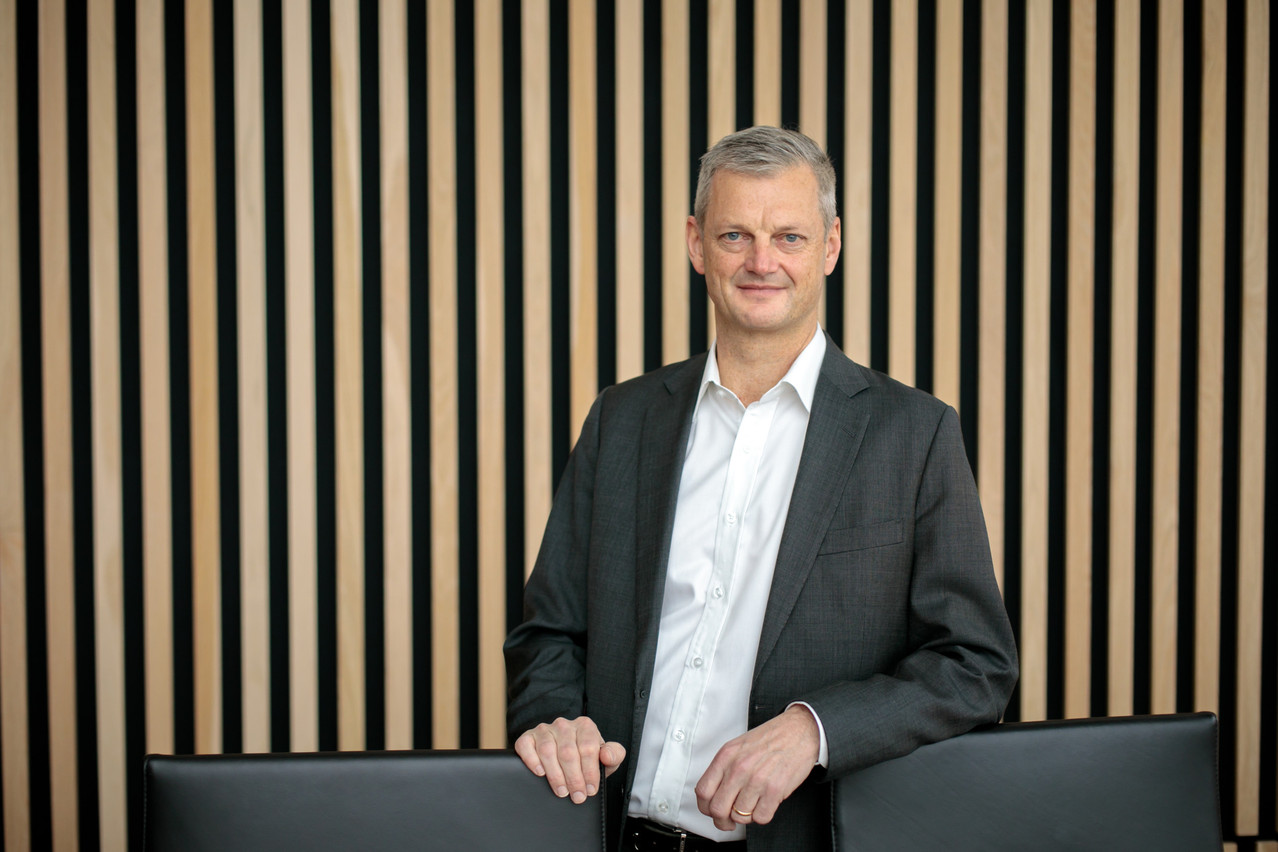What actually is an alternative investment? And how is our alternative fund providing value to your clients?
—“Alternative investments centre around what we commonly refer to as 'real assets’, essentially covering investment in real estate, private companies and infrastructure, the latter including roads, bridges, airports and renewable energy projects to name a few. Whilst illiquid compared to investment in listed products, alternative investments provide investors with access to assets generating returns that historically have consistently outperformed public markets. Such outperformance is explained principally through the ability of investment managers to actively participate in the evolution and growth of the underlying businesses, including bolstering management teams, advising on geographical and product expansion and assisting on financing for new investment, all of which contribute to higher levels of returns to investors.
How digital technological tools help you in operations? What is their future?
“Administration of alternative investments has traditionally been a highly manual environment, principally because the volume of both investments and investors in structures has been low. Over the past five years, we have seen an increasing level of automation through the introduction of new systems and technologies, providing a significant increase in productivity.
But there is much more to do in the future as our industry continues to grow at double digit figures annually, and even more so as the asset class gets introduced to more retail investors and the high volumes that brings. Investment managers are also looking for access to more and more data to better allow them to manage their investments and explain performance to investors. It is clear that advancing technology is critical to supporting this and driving our industry forward.
Is it easy to recruit good quality talent nowadays? How would you respond to the current situation of talent retention?
“It’s no secret that one of the biggest problems in our industry, over the last five years in particular, has been our ability to attract sufficient resources to cope with the significant expansion in alternative assets. Our industry has been successful in bringing in a huge level of new resources from the Greater Region but also importantly from other European countries. Whilst this continues today, the challenge increasingly is around finding affordable accommodation, particularly for entry level and more junior resource.
This will quickly become a barrier to growth if solutions are not found. With respect to talent retention, whilst there is a reasonably high level of movement between companies in the industry, Luxembourg as a whole has been successful in retaining experienced resources. The challenge of tomorrow will be around ensuring that what we offer in the future continues to move away from back office data entry to more interesting, analytical type roles that excite and motivate.”
